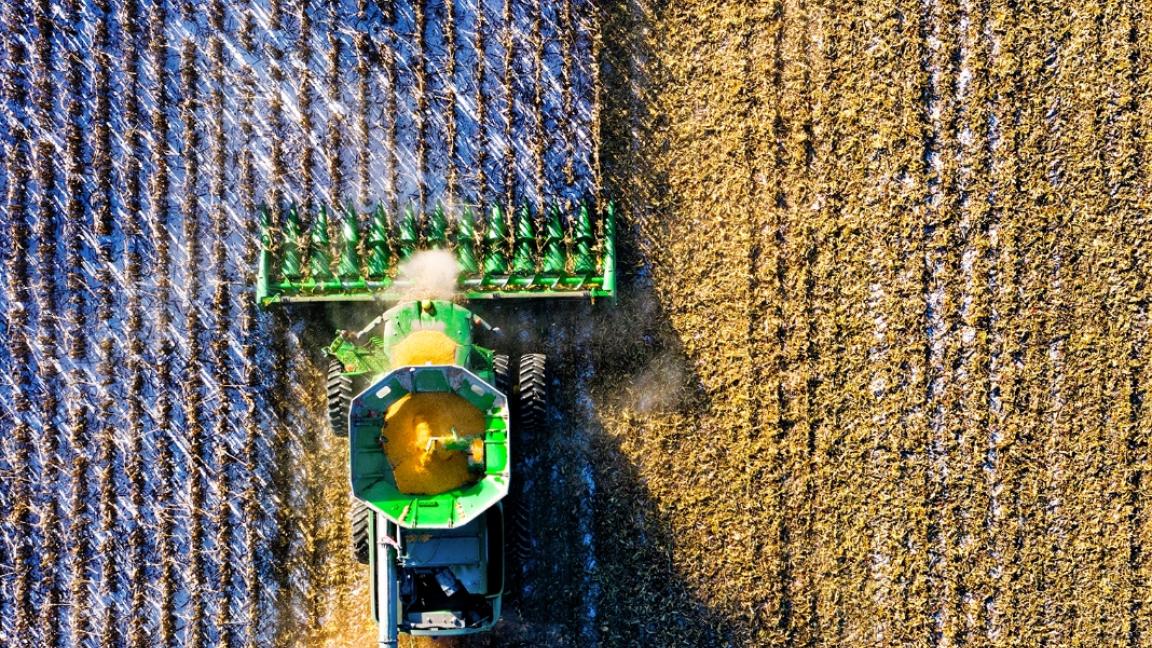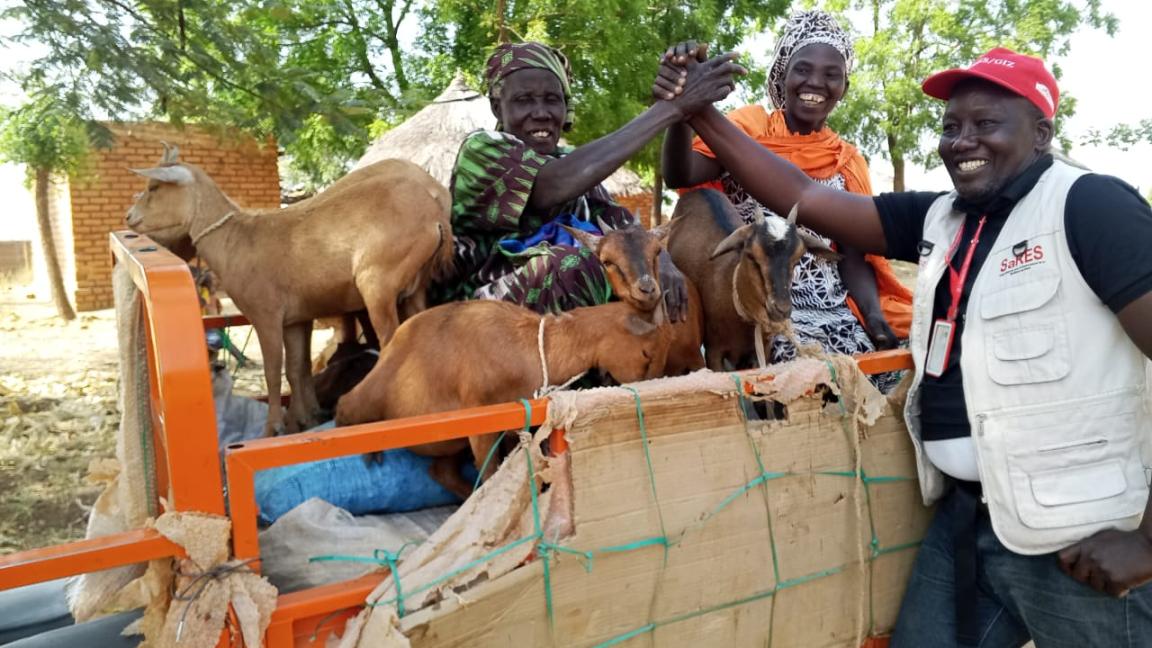
Agriculture and food
Healthy, sustainable food for all – that is our objective. To achieve this, we support our partner countries around the globe in transforming agriculture and food systems, focusing on resilience, climate, markets and justice.
Our skills and expertise
-
Transforming food systems
We strengthen all dimensions of food security – from availability and access to utilisation and stability.
-
Promoting sustainable agriculture
We support all stages of the value chain: environmentally, socially and economically – with a particular focus on smallholders.
-
Strengthening rural development
We combine governance, infrastructure, climate resilience and economic participation – for strong rural areas.
-
Safeguarding land, soil and water
We provide support in protecting natural resources and in ensuring fair access to land and water use.







Insights


